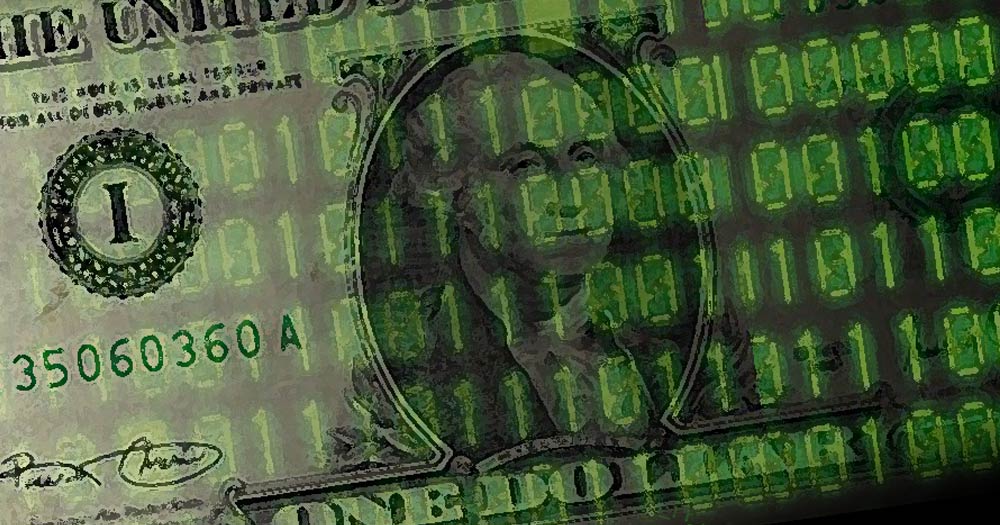Everywhere I turn these days, I am hearing something about the push to get rid of cash.
Yes, cash. Greenbacks. Federal Reserve Notes.
You might think that getting rid of cash is a no-brainer. Cash makes up only 11 percent of the money supply. Most of the money stock is already those 1s and 0s in bank computers, on debit cards, and the like. So why not go all the way?
It is the “logical next step,” after all!
But not every “next step” is advisable. When walking towards a cliff, that next step might be a doozy. And when you are dealing with government and the banks, jumping off a cliff proves an apt metaphor.
Don’t go lemming on me, man.
You can probably guess the usual arguments for getting rid of cash. Convenience, for one. It sure would be convenient for government and central bankers if they could just seize control of money “magically” in the banks’ computers.
Somehow, I am not persuaded. Neither is economist Pierre Lemieux, who provides us with a helpful survey of anti-cash arguments. And when the experts argue that it would be more convenient for consumers, incredulity is the best response. “To argue against the usefulness of cash is to deny the revealed preferences of many individuals,” Lemieux insists. “The fact that cash has not disappeared even in non-criminal hands means that it is convenient for many individuals.”
He expands the thought with an important truth: “Economic efficiency is defined in terms of what individuals want.”
And the purpose of governments is to follow individuals, not corral them, manipulate them . . . for bureaucratic convenience.
Let’s keep cash.
This is Common Sense. I’m Paul Jacob.
Originally (cc) photo by FamZoo Staff on Flickr


2 replies on “Inconvenient Cash?”
Getting rid of cash is to the convienece of a all knowing, all observing and eventually all controlling government, not the citizens.
Thanks but no thanks.
AMEN!
In addition, what happens if the grid goes down? Even temporarily?
You’re SOL.